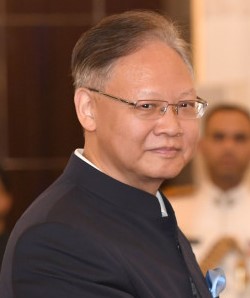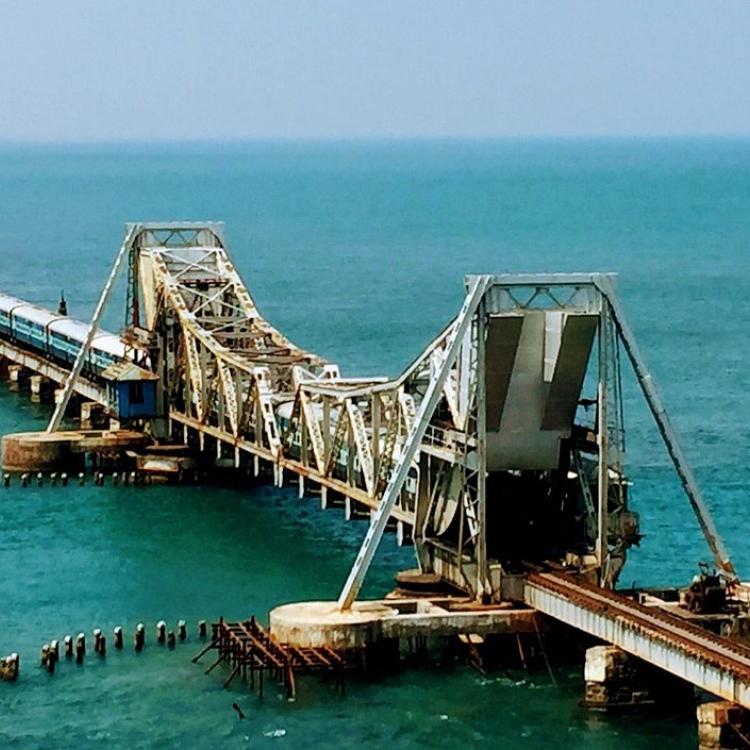
China’s ambassador to India, Xu Feihong, signalled a renewal of China-India ties, in the aftermath of US-imposed tariffs on countries around the world.
In an exclusive interview with the Times of India, he pointed to China and India as the major economies of the Global South who “have the responsibility to oppose all forms of unilateralism and protectionism”.
The Chinese ambassador to India remained optimistic on the future relation between the two countries despite previous frictions at the Ladakh border. A series of fatalities followed from the tense standoff which resulted in terse bilateral relations. Since then, however, the situation had cooled down and ambassador Feihong credited the de-escalation to improving India-China ties whilst adding that more cooperation is fundamental to future progress.
"China and India are the most populous developing major powers, facing development imperatives and sharing vast potential for cooperation," said Xu. "As leading emerging economies and key members of the Global South, China and India have the responsibility to oppose all forms of unilateralism and protectionism. Together, we must uphold multilateralism and inject much-needed stability into a turbulent world."
India accused China of export controls, placing limitations and restrictions on its manpower and equipment. Xu was quick to dispute this point, highlighting how “Chinese citizens face significant difficulties in obtaining Indian visas, Chinese enterprises based in India encounter unfriendly and unfair treatment, and voices opposing Chinese investment are often heard in the media”.
The ambassador also acknowledged the $99.2 billion trade-deficit India currently faces, but framed China as a nation ready to “welcome more premium Indian goods”.
"Last October, President Xi Jinping and Prime Minister Narendra Modi held a fruitful meeting in Kazan, which provided strategic guidance for improving and developing China-India relations," he said. "Recently, both sides have been earnestly implementing the important consensus reached by the leaders of the two countries, strengthening exchanges and practical cooperation at all levels, and have made a series of positive progress."
"In my opinion, first and foremost, the key to the sustainable, healthy and stable development of China-India relations is adhering to the strategic judgement made by the two leaders that “China and India are partners rather than rivals, and development opportunities rather than threats to each other” and correctly view each other’s development and strategic intentions."
"Secondly, both countries should respect each other’s core interests and major concerns, properly handle differences through dialogue and consultation, and put the boundary question in a proper place in bilateral relations. We should not allow bilateral relations to be defined by the boundary question, or let specific differences affect bilateral cooperation."
"Thirdly, we should steadily promote friendly exchanges and cooperation in various levels and fields, make bigger the cake of practical cooperation, so that more people from the two countries will benefit from the development of bilateral relations and more actively participate in the cause of China-India friendship."
"During a recent podcast interview, H.E. Prime Minister Modi noted that for centuries, India and China have learned from each other and together contributed to the global good in some way. As two major neighbors, differences are natural.Our focus is to ensure these differences do not turn into disputes. Only through dialogue can we build a stable cooperative relationship that serves the best interests of both nations."
"Similarly, External Affairs Minister Dr. S. Jaishankar, while attending the News18 Rising Bharat Summit, observed that the situation between 2020 and 2024 was neither in the interest of China and India, nor in the interest of our relationship."
"Indeed, as ancient civilizations, China and India possess the wisdom and experience to navigate challenges constructively. I am fully confident in that."
See the full text of the interview here.

